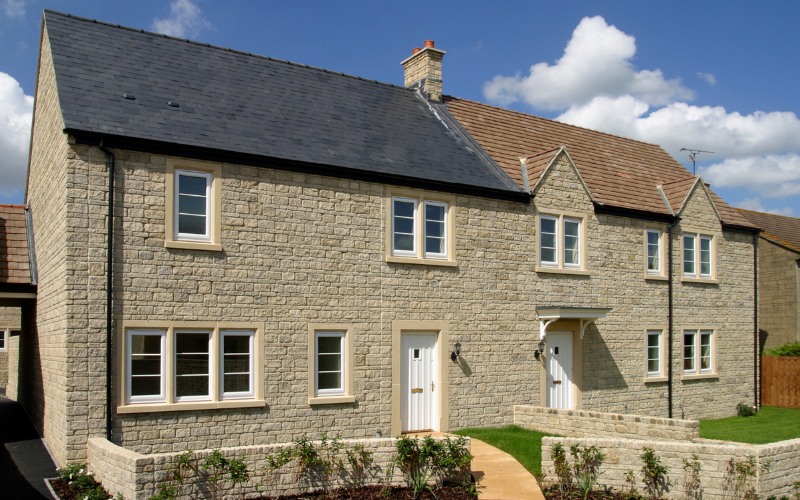Blog
- Details
- Hits: 285
You’ve decided to move and you know you need a mortgage. Sounds simple.
But is it?
- Is your credit score going to stop you from moving to the house of your dreams?
- Do you even know what your credit score is and why it’s important?
In this article, we take a look at what a credit score is and why it’s important to improve your credit score before getting a mortgage.
We’re not financial planners or advisors, but we do know a thing or two about important subjects relating to property! If you want to know more, email us on This email address is being protected from spambots. You need JavaScript enabled to view it. or call us on 01420 87379 for an informal chat.
- Details
- Hits: 311
If you’re thinking of putting your property on the market, you’ll want to make it stand out from the crowd and generate as much interest as possible to ensure you achieve the full asking price.
The team at Warren Powell-Richards is highly experienced in property and will always make sure we give our utmost attention when accompanying viewings on your property, but there are always little tweaks you can make to your home to make sure it’s in outstanding condition and ready for the most discerning viewer!
The Warren Powell-Richards team have put our heads together and want to share with you the top nine things you can do to get your property ready for a sale!
- Details
- Hits: 316
Whether you are searching for tips on how to present your house in a way that will attract buyers in the Surrey & Hampshire area, or seeking advice to sell your property fast, you've come to the right place. Whatever the case may be, trying to sell your house quickly can be incredibly stressful.
If you’re thinking about selling your home in the Surrey & Hampshire area this spring and want a quick sale, then here are our tips to help you find a buyer in no time at all.
- Details
- Hits: 254
Relocating For Any Reason Can Be A Stressful Experience
Relocating for your job can be a stressful experience, but the good news is that there are several things you can do to smooth the process. Our team at Warren Powell-Richards have some expert advice for anyone who is relocating to The Surrey & Hampshire Boarders so that you have the best possible experience.
- Details
- Hits: 242
Moving to a new town or city is an exciting experience. It offers the opportunity for personal growth, adventures, and new career prospects. However, it can also be overwhelming if not properly planned. In this article, we’ll explore essential considerations to help make your move to a new town or city seamless.










ALTON | FARNHAM | GODALMING | GRAYSHOTT | HASLEMERE